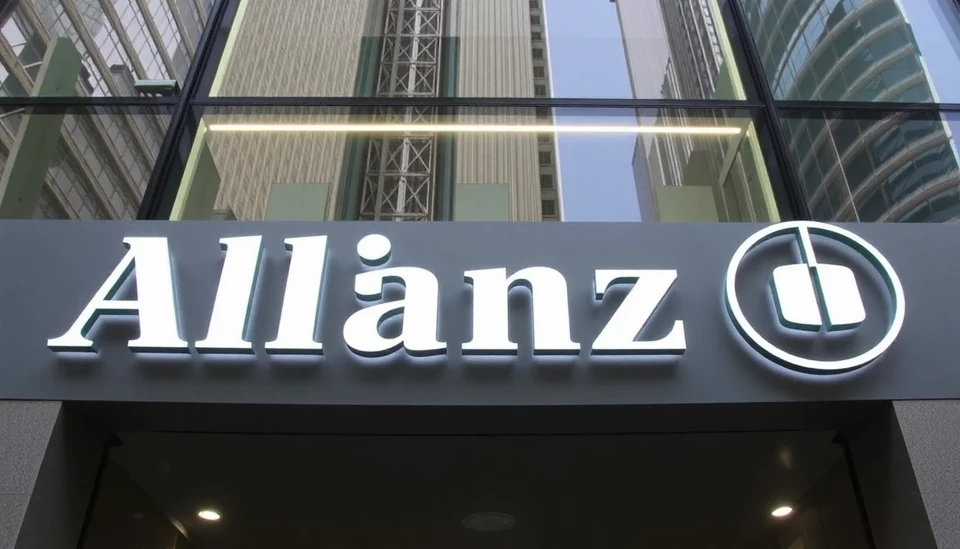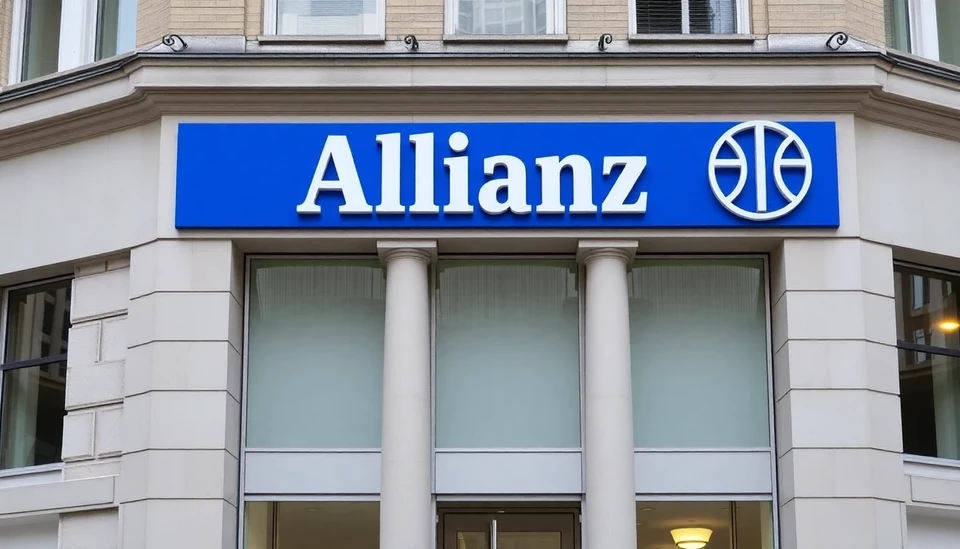
In a major development from the finance world, a former fund manager at Allianz Global Investors, who played a critical role in the collapse of a massive investment fund, has remarkably avoided prison time. This decision was handed down in New York City, concluding a high-profile case that had raised questions about accountability in the financial industry.
The U.S. Department of Justice had brought charges against the former manager for his involvement in a scheme that led to substantial losses for clients, totaling a staggering $3 billion. This fund, which was heavily invested in complex financial instruments, crumbled, leaving investors devastated and prompting multiple lawsuits from affected parties.
Despite the gravity of the situation and the economic fallout, Judge James B. Clarke opted to sentence the ex-EXECUTIVE to probation instead of incarceration. In his ruling, the judge acknowledged the long-lasting repercussions that the fund's collapse had on investors but noted that the defendant had shown remorse and had cooperated with authorities during the investigation.
Legal experts have noted that this leniency could spark debates about the ethical responsibilities of fund managers and the need for stricter regulations to protect investors from similar fates in the future. Many advocates argue that the lack of prison time for the former fund manager represents a worrying trend in which financial misdeeds lead to minimal consequences for those at the helm of large funds.
This case has highlighted broader issues within the finance sector, where executives often negotiate settlements that spare them from jail, even in situations involving significant financial misconduct. As the financial landscape continues to evolve, regulatory measures may need to be revisited to ensure that accountability is upheld and that firm actions are taken against those who undermine public trust in the markets.
In the wake of the ruling, reactions have poured in from various stakeholders, including investors who feel betrayed by the performance of such high-level fund managers. Many are calling for reform and greater scrutiny of financial institutions to prevent a repeat of this kind of disaster.
As the implications of this court ruling continue to unfold, it remains to be seen how it will influence future regulatory actions and whether similar cases will be treated with equal leniency or if a new era of accountability will emerge for financial leaders.
In a world that often seems dominated by financial power, the dialogue surrounding ethics in investment management is now more vital than ever, raising critical questions about how we can protect investors and ensure accountability within the financial space.
As we watch these developments closely, the financial community and investors alike are keenly aware of the need for reform and the importance of holding fund managers accountable for their actions.
#Allianz #FundManager #Finance #Investing #Accountability #Regulations #Justice #InvestorProtection #FinancialEthics #EconomicImpact
Author: Samuel Brooks




